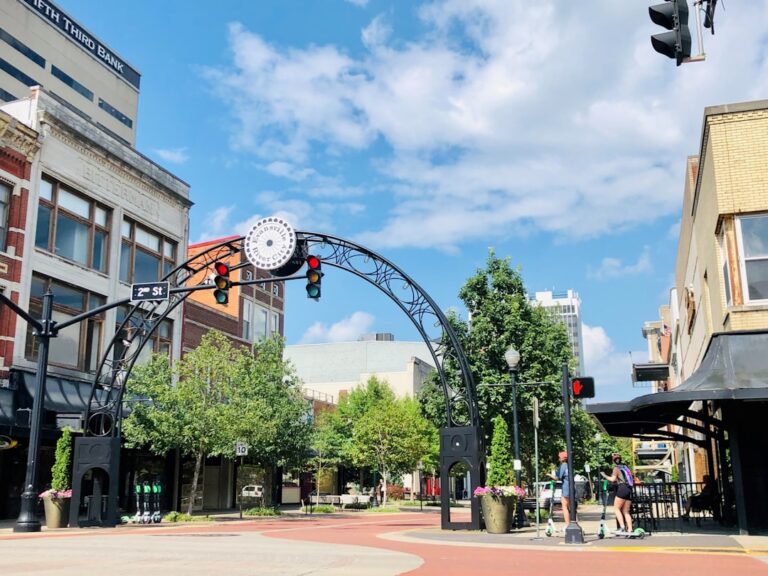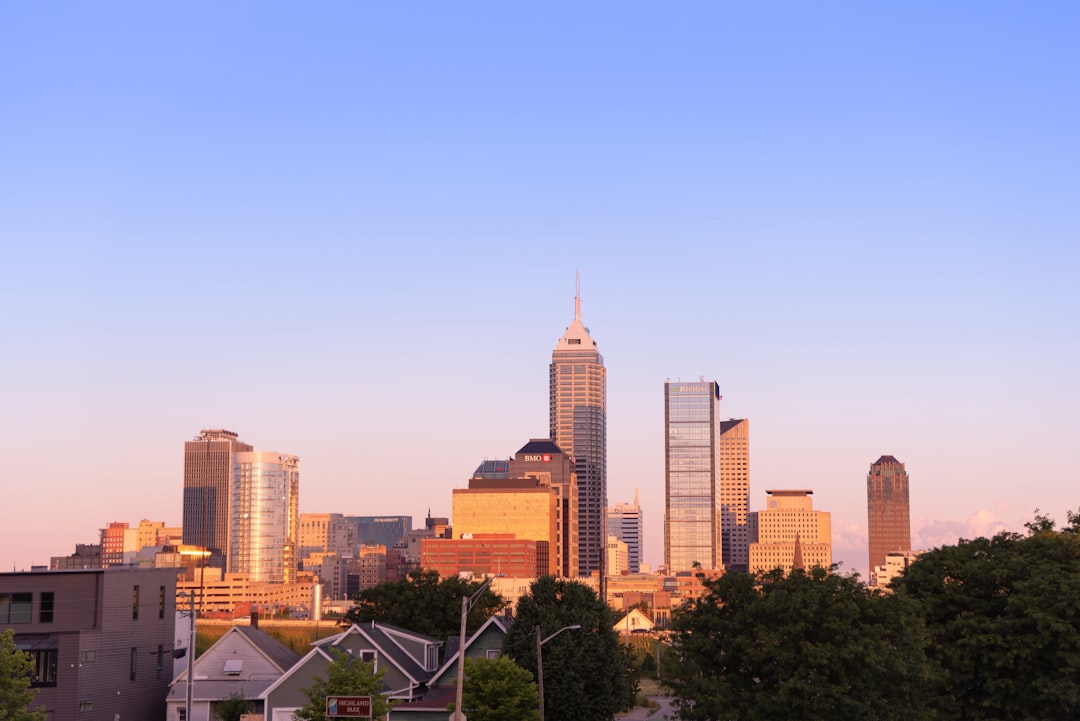Robocalls, or automated spam calls from unknown numbers, are a growing nuisance in South Bend and Indiana, causing stress and anxiety for residents. Spam call lawyers in Indiana play a vital role by educating the public about their rights and legal options against deceptive practices. Recognizing spam calls (indicated by missing caller ID, generic greetings, scripted messages) is crucial. Legal protections exist under the TCPA and state laws; spam call lawyers Indiana can assist victims and ensure businesses comply. Community engagement and legal expertise are key to building a support network, empowering South Bend residents to combat unwanted robocalls.
In South Bend, as across the nation, robocalls have become a persistent nuisance, leaving many residents affected by unwanted and fraudulent calls. This article explores practical steps to build a support network for victims of spam calls, empowering South Bend residents to protect themselves. We delve into identifying spam calls, understanding Indiana laws that safeguard against them, and providing strategies to unite the community against these intrusive practices, with a focus on connecting victims with experienced Spam Call Lawyers in Indiana.
Understanding Robocalls and Their Impact in South Bend

Robocalls, automated phone calls from unknown numbers, have become a prevalent nuisance in South Bend and across Indiana. While some may be promotional or informational, many are considered spam calls, often containing fraudulent messages or attempts to sell products and services. The sheer volume of these unwanted calls can be overwhelming for residents, leading to increased stress and anxiety.
The impact of robocalls extends beyond annoyance. Many victims fall prey to deceptive practices, facing financial loss or privacy invasion. Spam call lawyers in Indiana play a crucial role in educating the public about their rights and legal options against such practices. By understanding the nature of robocalls and their potential consequences, South Bend residents can actively build a support network to combat this growing issue.
Identifying Spam Calls: Tips for Victims in Indiana

Recognizing spam calls is a crucial first step for victims in Indiana. These unwanted telephone marketing messages often masquerade as legitimate communications, making it essential to be vigilant. One key indicator is an absence of a caller ID or a name that doesn’t match any recognized entity. Robocallers frequently use automated systems to make bulk calls, leading to generic greetings and scripted messages.
Additionally, victims should pay attention to the timing and frequency of calls. Spammers often target specific areas with high volume campaigns, targeting many individuals in a short period. If you repeatedly receive calls from unknown numbers, especially during odd hours, it’s likely a spam attempt. Being proactive and documenting these incidents can also aid those seeking spam call lawyers Indiana for potential legal recourse against persistent invaders of privacy.
Legal Rights of Robocall Recipients: Indiana Laws Explained

In Indiana, residents have legal rights against spam calls, including those from automated or robocall systems. The Telephone Consumer Protection Act (TCPA) is a federal law that prohibits unsolicited phone marketing calls, texts, and faxes to individuals. Indiana also has its own state laws reinforcing these protections. If you’re a victim of robocalls in South Bend, understanding your rights is the first step.
Spam call lawyers in Indiana can help residents enforce their rights under the TCPA and state laws. These legal professionals specialize in handling cases involving unwanted telemarketing calls and can offer guidance on potential compensation for nuisance calls. They work to ensure that businesses comply with regulations, providing a layer of protection for consumers against harassing or fraudulent robocalls.
Building a Support Network: Strategies for South Bend Residents

In South Bend, building a support network for robocall victims involves fostering community engagement and leveraging legal expertise. Residents can start by organizing informational sessions to educate fellow citizens about spam calls, their rights, and available legal recourse. Collaborating with local businesses, community centers, and schools can help spread awareness and provide safe spaces for affected individuals to share experiences and seek support.
Additionally, partnering with Indiana-based spam call lawyers is strategic. These legal professionals can offer pro bono services or discounted rates, providing victims with the necessary legal backing to combat unwanted robocalls. Such partnerships enhance community resilience against spam calls while ensuring that residents have access to justice and protection under Indiana’s consumer protection laws.






